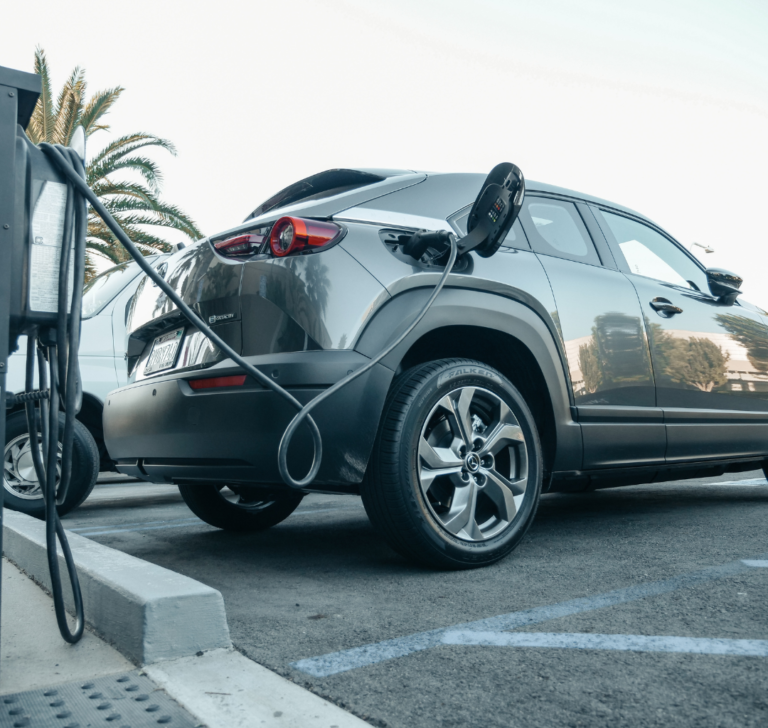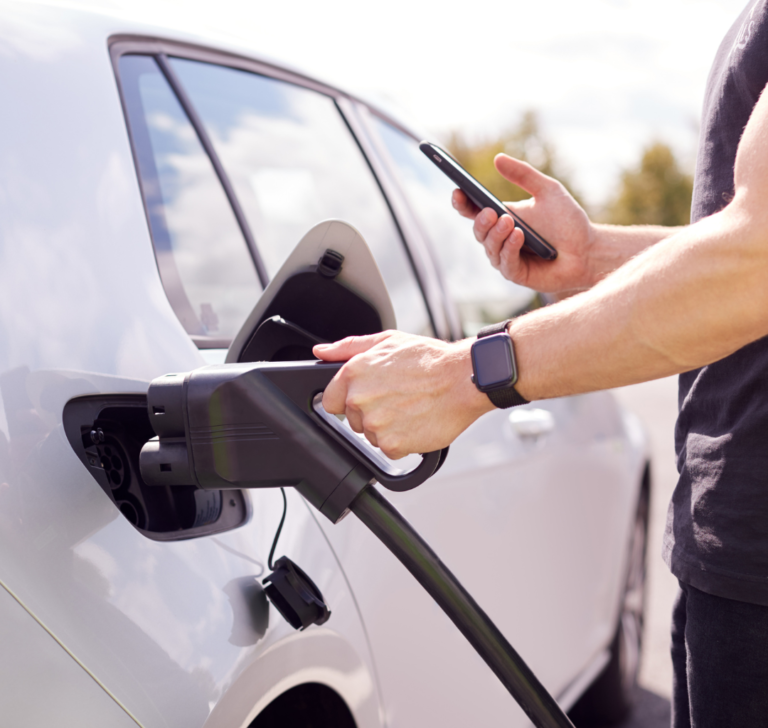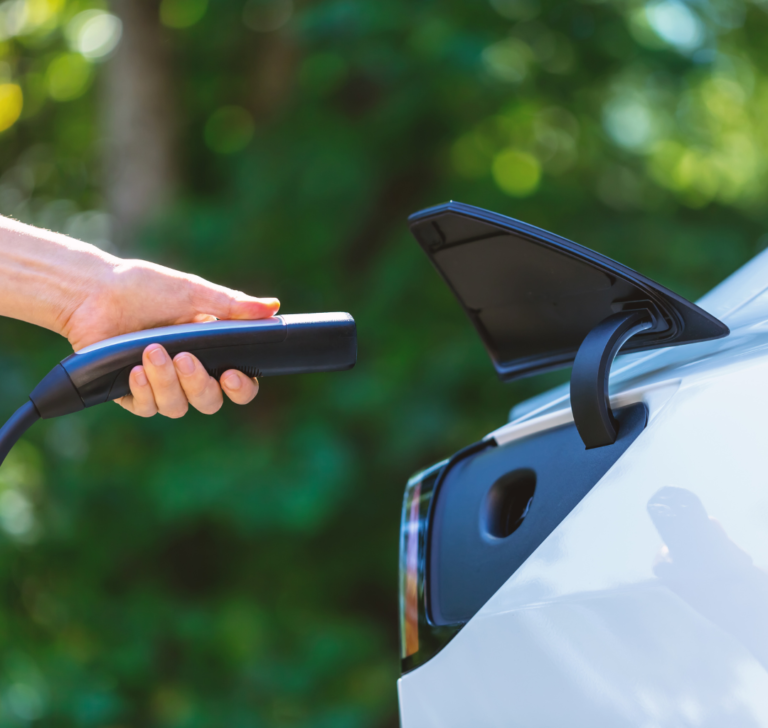7 reasons why consumers put limitations on EV purchases
The popularity of electric vehicles (EVs) has experienced a significant increase in recent years, driven by technological advancements and growing environmental awareness, especially in the United States. Despite the expansion of charging stations and improvements in accessibility for EV drivers, some doubts persist among certain drivers regarding the transition to electrification. These concerns range from cost to adaptability to a new driving style.
Below, we’ll examine the main reasons why consumers still set limitations when it comes to acquiring an electric vehicle for personal use, considering legitimate and valid issues.

High initial cost
Electric vehicles entail a higher initial cost, in addition to requiring specialized home charging equipment, which increases the initial investment. Although EVs tend to have lower operating costs in the long run due to the lower price of electricity compared to gasoline, consumers with average incomes may hesitate to make the switch due to this initial investment.
Charging issues
Charging electric vehicles can be inconvenient due to longer charging times compared to gasoline refueling, especially for drivers with tight schedules. The fear of running out of battery before reaching a charging station is particularly common for those undertaking long trips, where access to charging points may be uncertain. Additionally, the shortage of charging stations is another issue. Furthermore, the lack of access to an ideal home charging setup and regulatory restrictions further complicate the adoption of EVs for some drivers.

Battery performance
The capacity and reliability of batteries are additional reasons why some people avoid electric vehicles. Beyond lifespan and replacement costs, battery degradation over time, influenced by factors such as temperature and charging habits, is a significant concern. The environmental implications of battery production, recycling, and disposal also fuel the debate on the sustainability of EVs.
Environmental impact
While electric vehicles offer an environmental improvement by not relying on fossil fuels, the discussion on battery manufacturing highlights harmful aspects for the environment. Battery production involves the extraction of raw materials such as lithium, cobalt, and nickel, often associated with harmful mining practices. Additionally, the refining and processing of these minerals require significant energy inputs, resulting in higher greenhouse gas emissions.

Climate performance
Electric vehicle batteries face performance challenges in both low and high temperatures. In cold conditions, chemical reactions slow down, reducing the efficiency and range of the vehicle. Additionally, the need for internal heating further drains the battery. Meanwhile, in extreme heat, battery performance may degrade faster due to increased energy consumption for cooling systems. These geographical limitations underscore the need for advancements in battery technology to improve EV adaptability in different climates.
Adaptability limitations
As the electric vehicle market grows, so does the variety of options, but some drivers still perceive limitations compared to gasoline vehicles. Unfamiliarity with charging stations and limited range may pose challenges for those accustomed to the convenience of gasoline vehicles. Additionally, drivers needing specific capabilities, such as towing heavy loads or off-road driving, may find that current electric models do not meet their needs due to battery limitations, power, and cargo space.
Depreciation
The depreciation of electric vehicles is primarily determined by battery degradation, unlike motor vehicles. This difference may raise doubts among potential buyers about investing in EVs, as it affects resale value. Concerns are exacerbated by rapid improvements in battery lifespan, which could render current models obsolete sooner than expected.

$170 billion at stake: 1,500 companies demand tariff refunds
Companies have challenged the global tariffs imposed by President Donald Trump, asking federal courts to reactivate proceedings to begin the refund process. The companies that

In brief: enforcement measures target speeding, CDL training gaps and more
Major enforcement actions across the U.S., including speeding, CDL fraud, and chain violations Colorado launches Speed Enforcement Program The Colorado Department of Transportation (CDOT) has

Chinese Vehicles Raise Espionage and Remote Sabotage Concerns
Investigations into Chinese technology in connected vehicles warn of espionage risks, massive data transmission, and potential remote access vulnerabilities that concern U.S. transportation and security

Between the Court and the Fed: the market redefines its roadmap for 2026
Trade policy in limbo as markets price in 2026 rate cuts and Supreme Court strikes down Trump tariff plan. In the latest episode of the

New 10% U.S. import tariff takes effect amid legal and market uncertainty
The implementation of these new tariffs has generated global uncertainty among exporters, increasing confusion around U.S. trade policy. The United States has implemented a new

Military Trucks That Moved a Base in Syria
Convoys of advanced HEMTT and PLS military trucks carried armored vehicles, prefabricated base structures, mobile workshops and heavy equipment during the U.S. withdrawal from northeastern
